
Senior Colonel Tan Kefei, spokesman for the Ministry of National Defense, answers questions at a news conference, Feb 23, 2023. (Photo/81.cn)
China has always pursued the policy of no-first-use of nuclear weapons and will not use or threaten to use nuclear weapons against non-nuclear-weapon states or nuclear-weapon-free zones, said Ministry of National Defense on Thursday, stressing that the nation will never engage in a nuclear arms race with any country.
Senior Colonel Tan Kefei, spokesman for the Ministry of National Defense, made the remarks at a news conference in response to some media reports that he said hyped up China's nuclear strategy and its so-called nuclear threat.
According to a recent Wall Street Journal report, the United States Strategic Command has notified the US Congress that China now has more land-based intercontinental missile launchers than the US.
In addition, some Japanese media claimed that China plans to significantly expand its nuclear arsenal by 2027 and might abandon its no-first-use policy of nuclear weapons once China achieves its goal of military modernization.
"Those reports are irresponsible sensationalism," said Tan. "China pursues a nuclear strategy of self-defense, the goal of which is to maintain national strategic security by deterring other countries from using or threatening to use nuclear weapons against China."
China's nuclear policy is "highly stable, continuous and predictable", the spokesman stressed, underlining that the country wouldn't get involved in any nuclear arms race with any other country and always keeps its nuclear capabilities at the minimum level required for national security.
The defense official also criticized the US, which he said is "still investing heavily in upgrading its triad of nuclear forces, developing low-yield nuclear weapons, lowering the threshold for the use of nuclear weapons and strengthening its nuclear umbrella".
"The US has repeatedly hyped up the so-called China nuclear threat, just in order to find an excuse to expand its nuclear arsenal and maintain its military hegemony," said Tan.
He urged relevant parties to stop groundless hype, reduce the role of nuclear weapons in their national security policies and adopt a no-first-use nuclear weapons policy, as well as fulfill their special and prior responsibilities for nuclear disarmament and take concrete actions to maintain global strategic stability.
Separately, the spokesman expressed great concerns about the latest moves of the US in South Asia, saying China is paying close attention to the situation.
During the recent Philippines visit of US Defense Secretary Lloyd Austin, the US side announced it had secured access to four military bases in the Southeast Asian country and that the two countries would resume joint patrols in the South China Sea.
Tan rebuked those actions, calling the US "the most dangerous factor and the biggest source of chaos aggravating regional tensions and threatening regional peace and stability".
"At present, the US is constantly seeking to strengthen its military deployment in the region and scheming for confrontations between camps, which will only create more of a trust deficit and tensions," he said.
Tan underlined that defense and security cooperation among countries "should be conducive to regional peace and stability and should not target or harm the interests of a third party", reminding countries in the region to "see clearly the true purpose of the US in maintaining its hegemony, in case of being dragged into the wrong path of bloc confrontation and a zero-sum game".









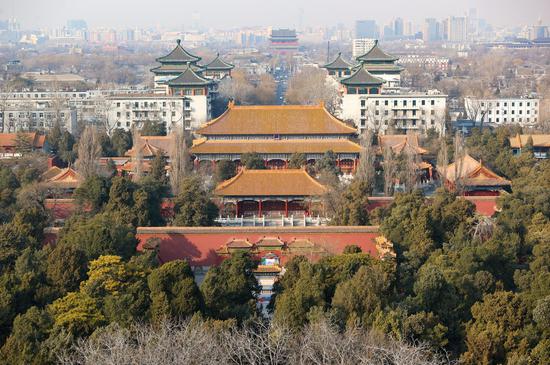

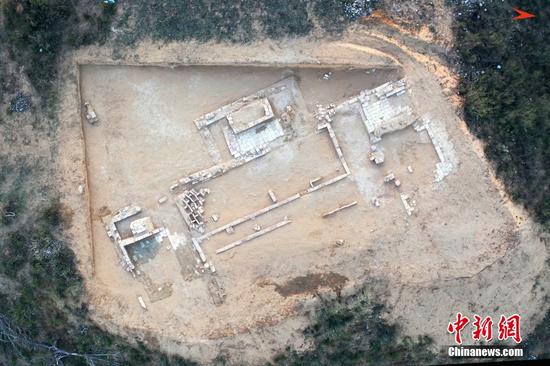
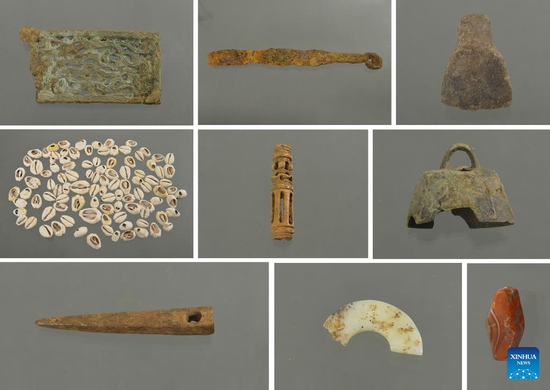




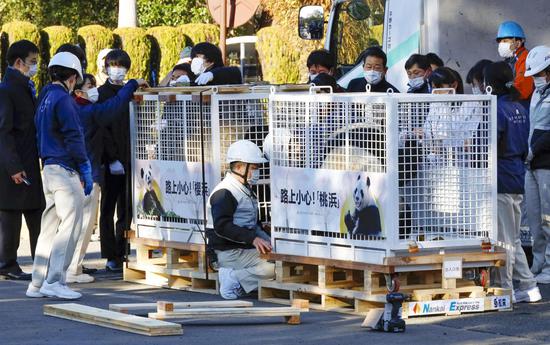
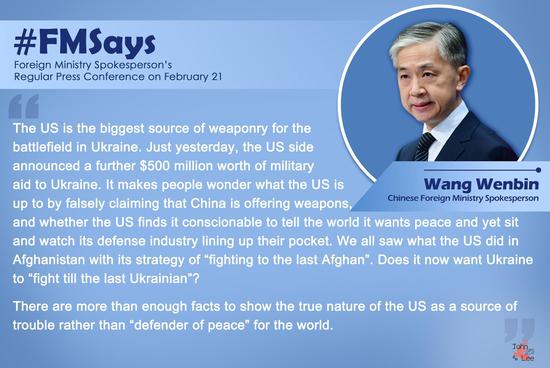
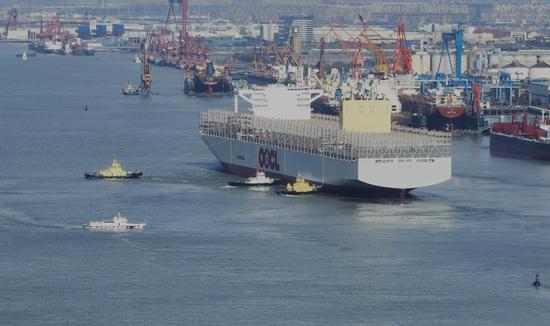


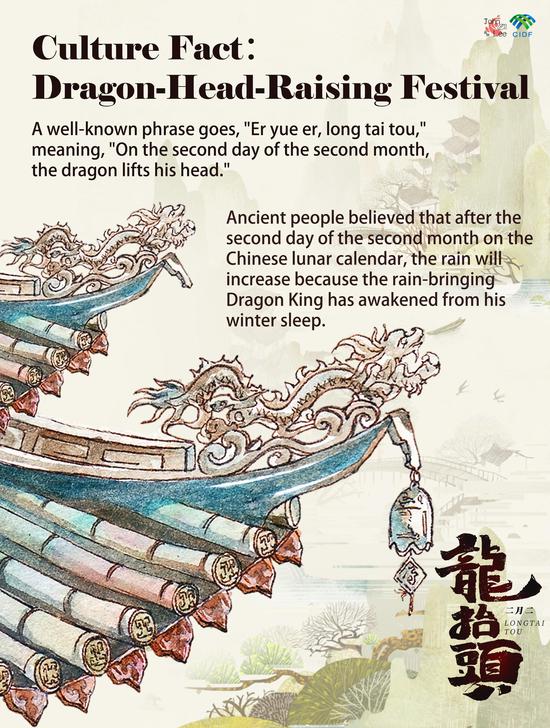


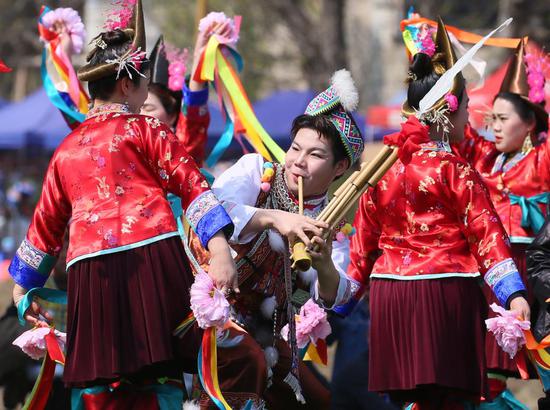
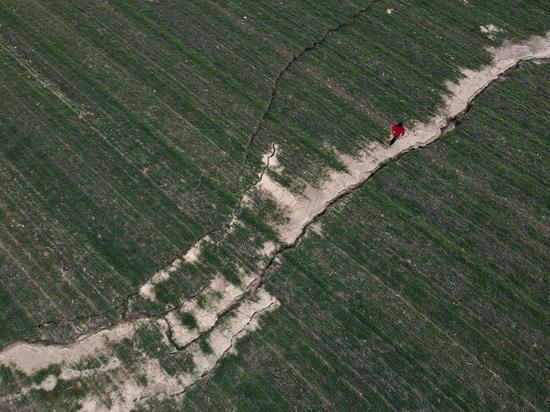


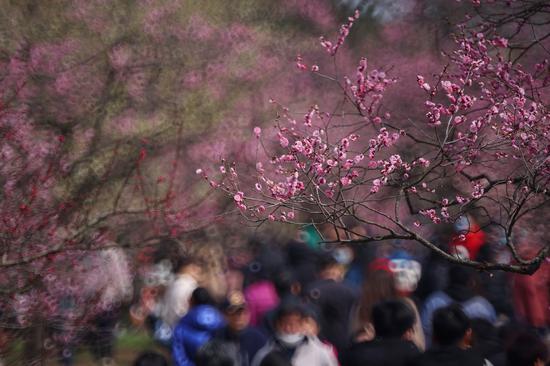


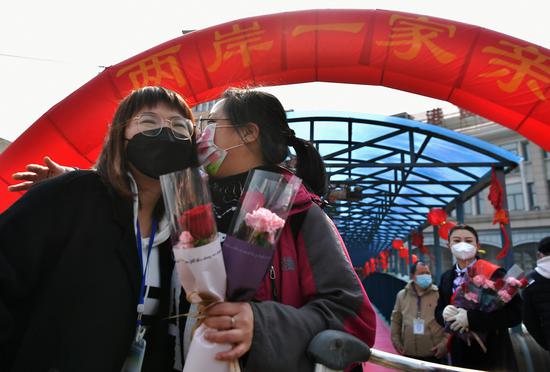
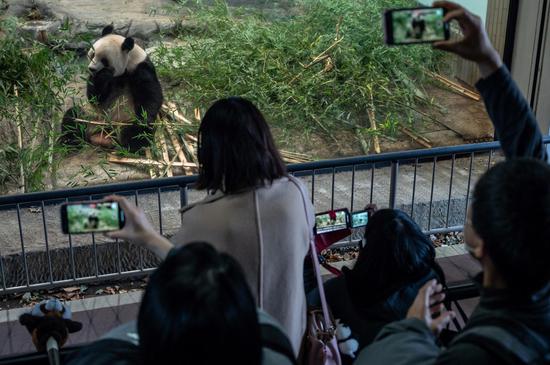





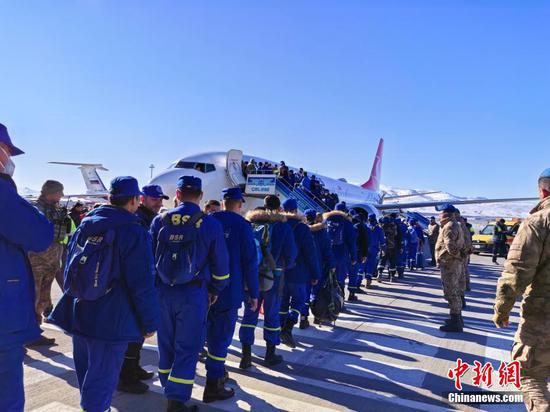
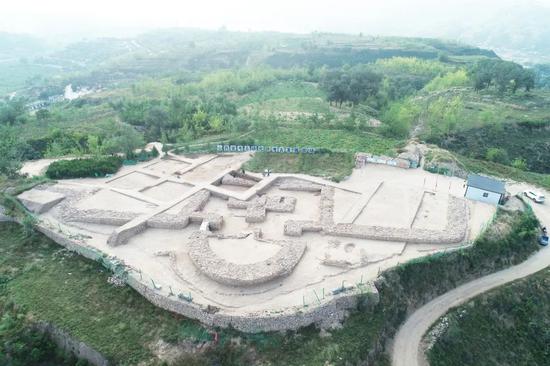
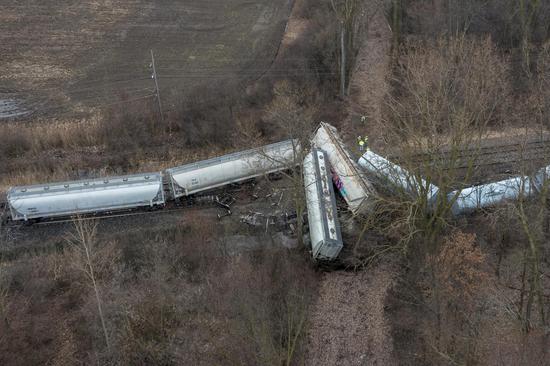


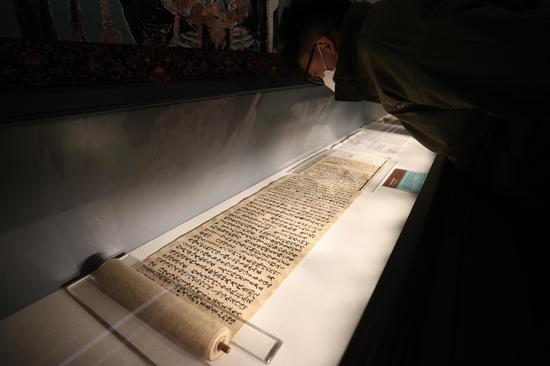





 京公网安备 11010202009201号
京公网安备 11010202009201号